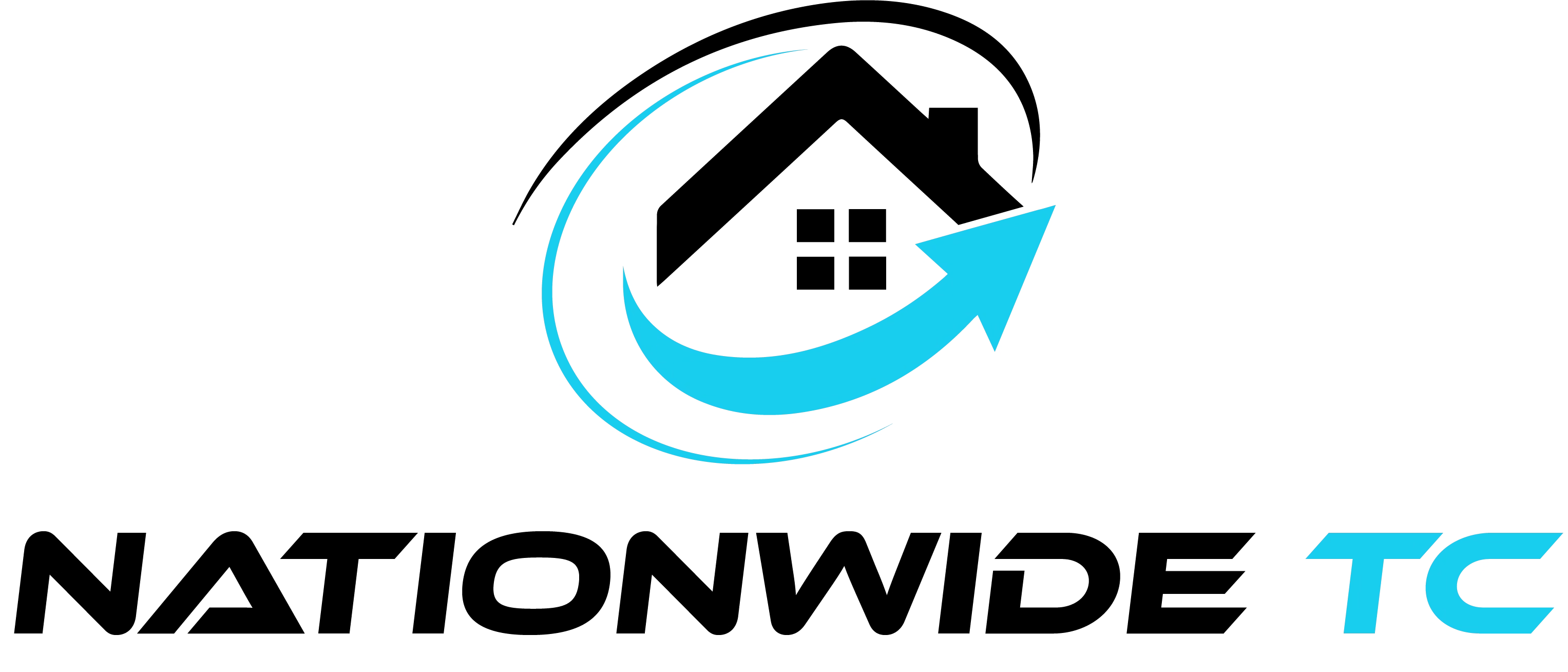No products in the cart.

The Importance of Memorandums in Real Estate Contract Disputes
When dealing with contract disputes, one of the most vital tools at your disposal is the memorandum. A well-drafted memorandum can clarify disagreements, provide evidence, and ultimately play a key role in resolving conflicts. Understanding the importance of memorandums in these situations can save time, money, and stress. This blog explores how memorandums can be effectively used in contract disputes and why they are crucial.
What is a Memorandum?
A memorandum, often referred to as a memo, is a written document used to communicate specific details or information. It is commonly used in legal contexts, particularly when documenting agreements or disputes. In the case of contract disputes, a memorandum can serve as a formal record of communication between parties. It ensures that all parties involved have a clear understanding of key points, actions, and decisions. Therefore, a memorandum can be a crucial piece of evidence in resolving disputes.
Memorandums are typically concise, yet they convey important details clearly. Unlike lengthy reports or emails, memorandums focus on the most important aspects of an issue. As a result, they are easily referenced and understood by everyone involved. This simplicity is one reason why memorandums are frequently used in legal disputes, including those related to contracts.
Why Memorandums Matter in Contract Disputes
In contract disputes, the need for clear, objective documentation is essential. Memorandums provide a way to capture conversations and decisions that might otherwise be forgotten or misinterpreted. They ensure that all parties have a common understanding of the terms and conditions being debated. Consequently, a memorandum can prevent future misunderstandings and clarify the intentions behind specific clauses or actions.
Additionally, memorandums can help prevent escalation. Rather than jumping straight into litigation, parties can use memorandums to communicate their positions and attempt resolution. This form of documentation may serve as a foundation for negotiations. It may also provide useful information in the event that the dispute eventually leads to legal proceedings. Either way, memorandums serve as an important reference point.
The Role of Memorandums in Contract Negotiations
Memorandums play a significant role not only in disputes but also during contract negotiations. They allow parties to express their intentions clearly and record agreements or changes. Throughout negotiations, memorandums serve as a running log of what the parties agree upon and any modifications made to the contract terms.
When disputes arise later, you can refer to these memorandums to confirm what both parties originally agreed upon. This proves especially helpful when one party claims a breach or misunderstanding of terms. Memorandums offer a written record of the contract’s evolution, ensuring that all parties stay aligned.
How to Use Memorandums in Legal Disputes
In legal disputes, memorandums can serve several important functions. First, they document the positions of both parties, which can be critical in establishing a timeline of events. By clearly outlining each side’s stance, memorandums help to show how the dispute arose. In addition, they provide a record of the specific issues being contested, which can be useful in building a case.
Memorandums summarize communications between parties. For example, if one party claims they sent a notice about a breach, the memorandum provides a record of that communication. It also highlights any responses or counterclaims made. This record proves essential in contract disputes, where timely notice and communication play a crucial role.
Key Components of an Effective Memorandum in Disputes
To ensure that a memorandum serves its purpose, it must include several key components. The first component is a clear description of the issue at hand. This should outline what the dispute is about and the specific terms or actions in question. Next, the memorandum should include any relevant dates, such as when a particular action occurred or when a communication was sent.
It is also important to note any previous agreements or communications. This helps provide context and ensures that everyone involved understands the background of the dispute. Additionally, the memorandum should summarize the positions of both parties. By including these elements, a memorandum can serve as a reliable and comprehensive record of the dispute.
Memorandums as Evidence in Contract Disputes
In legal proceedings, memorandums can serve as critical evidence. Courts often rely on written documents to establish the facts of a case. As such, a well-crafted memorandum can be an essential tool in proving one party’s position or rebutting another’s claim. A memorandum that clearly outlines the terms of the contract and the nature of the dispute can be persuasive in court.
A well-written and formal memorandum can significantly impact the outcome of a case. It acts as tangible evidence that parties can present to judges or arbitrators. A poorly drafted or unclear memorandum weakens a party’s position and undermines their case. Therefore, ensure memorandums are precise and professionally written.
Common Pitfalls in Using Memorandums for Disputes
While memorandums can be highly effective, there are common mistakes that can reduce their usefulness. One pitfall is failing to include sufficient detail. If a memorandum lacks important information, it may not serve its intended purpose. This is especially true in legal disputes, where the smallest details can make a big difference. Another issue is using vague language that could be open to interpretation. To avoid this, it’s important to be clear and specific in the language used.
Parties may fail to update or revise their memorandums as the dispute evolves. As negotiations or communications progress, you should update memorandums to reflect new information or changes. Failing to do so creates confusion and makes it harder to establish a clear record of events.
How Memorandums Aid in Conflict Resolution
One key benefit of memorandums in contract disputes is their ability to resolve conflicts. By clearly outlining each party’s position and the issues at hand, memorandums provide a foundation for resolution. They create a documented trail that parties can refer to during negotiations or mediation. This transparency helps parties reach a mutually agreeable solution more easily.
In many cases, parties can resolve disputes without going to court. Memorandums allow them to communicate and clarify their positions before resorting to more formal proceedings. In this way, memorandums help prevent protracted and expensive legal battles.
The Legal Implications of Memorandums in Contracts
Memorandums help resolve disputes and carry legal weight. A well-drafted memorandum formalizes an agreement or decision. In some cases, a memorandum amends the original contract, especially when it addresses changes or additions to the terms.
In other situations, memorandums document a party’s failure to meet their contractual obligations. For example, a memorandum outlining a breach of contract serves as a formal notice of non-performance. It provides evidence of the breach, which the party can later use in legal proceedings.
Best Practices for Drafting Memorandums
To maximize the effectiveness of memorandums in contract disputes, it is important to follow certain best practices. First, ensure that the document is clear, concise, and free of jargon. Use simple language that can be easily understood by all parties involved. Second, include all relevant details, such as dates, parties involved, and specific issues at hand. The more comprehensive the memorandum, the more useful it will be in resolving the dispute.
It is also crucial to keep the tone of the memorandum professional and objective. Avoid emotional language or inflammatory statements, as these can undermine the credibility of the document. Finally, ensure that the memorandum is properly signed and dated. This will help establish its authenticity and make it more valuable as evidence.
Conclusion: The Vital Role of Memorandums in Contract Disputes
In conclusion, memorandums play a crucial role in managing and resolving contract disputes. They provide a clear, concise record of communications and positions, serving as valuable evidence in legal proceedings. Whether used during negotiations, as part of legal documentation, or to resolve misunderstandings, memorandums actively contribute to the resolution process. By following best practices for drafting and using memorandums, parties involved in contract disputes ensure their positions are clearly documented and supported. This approach not only facilitates a smoother resolution but also prevents unnecessary conflict or litigation.
Click Here to Learn More About Our Memorandum Services
Book a Free 15 Minute Call Today and Find Out More About Our Services!













